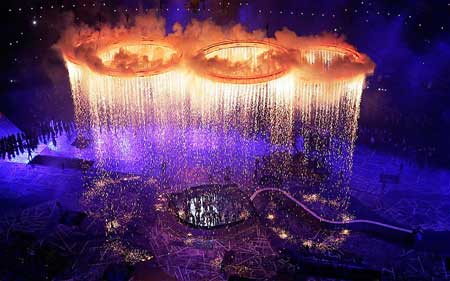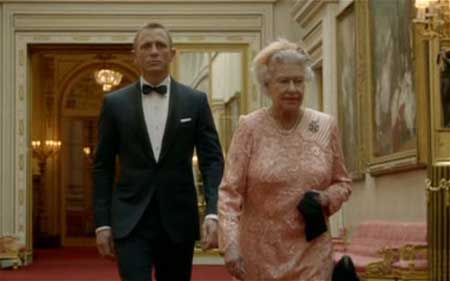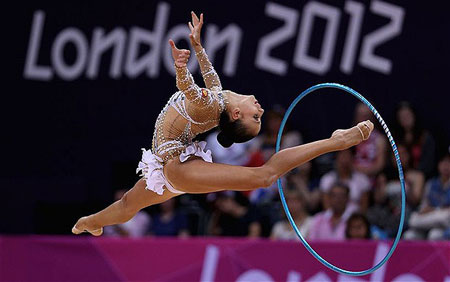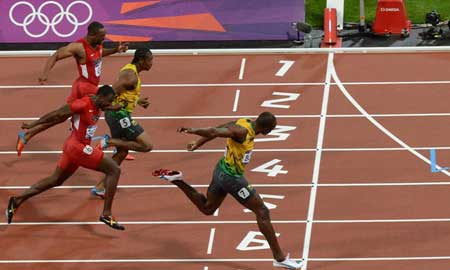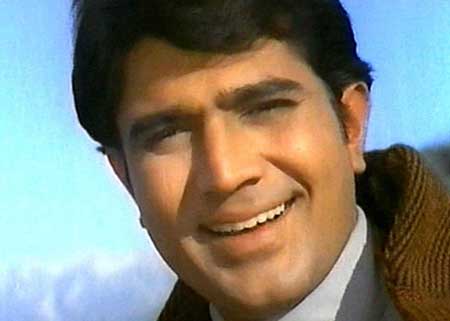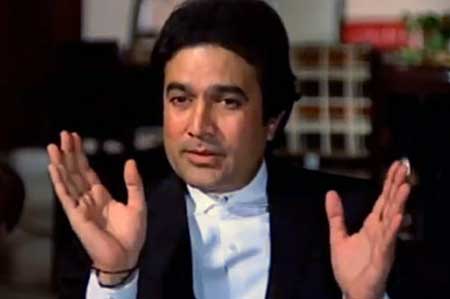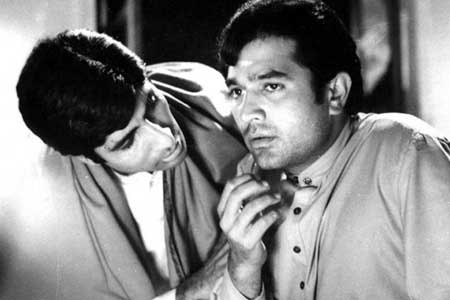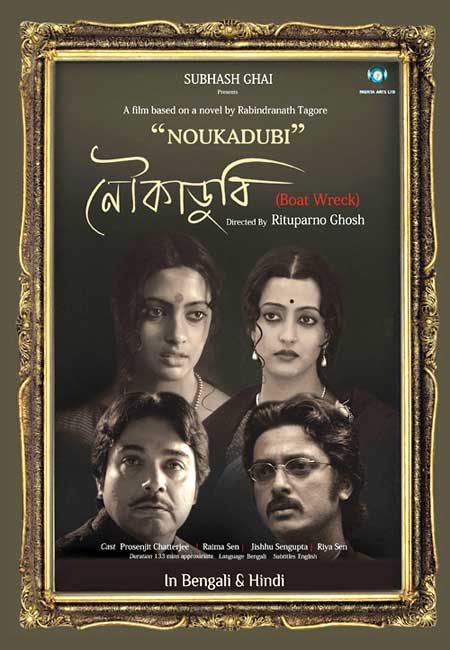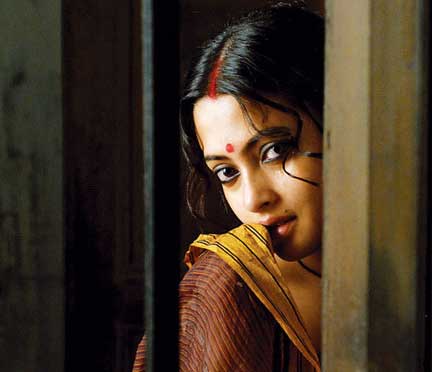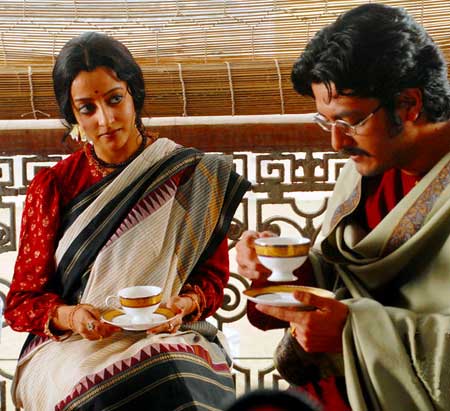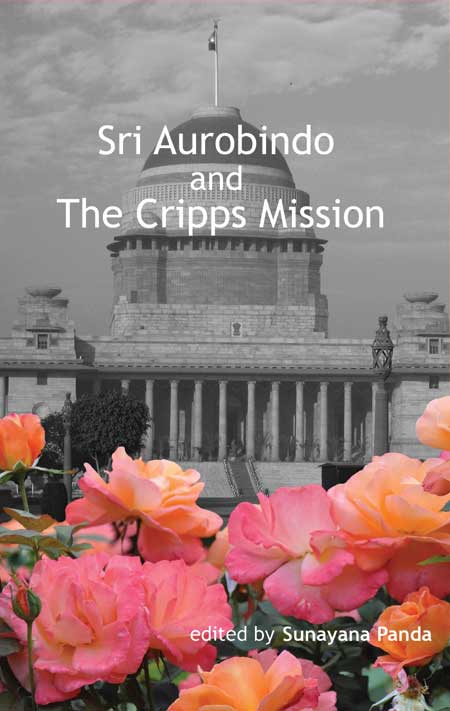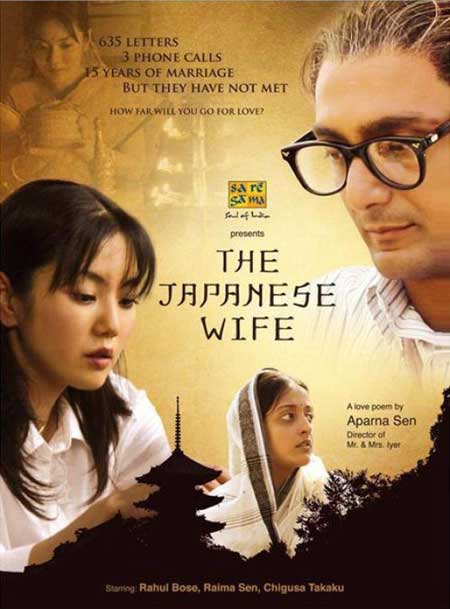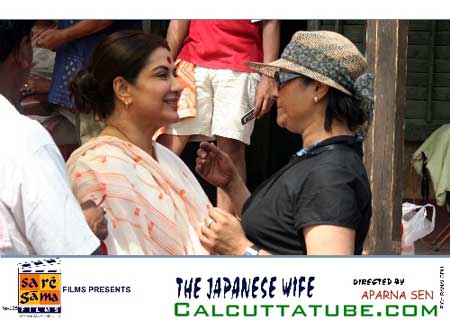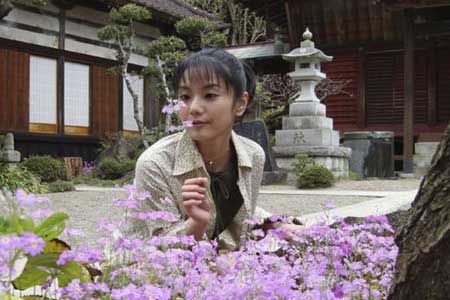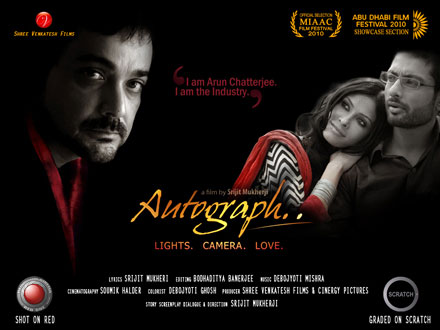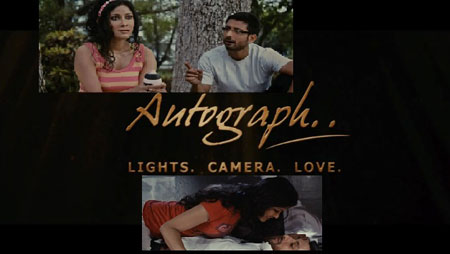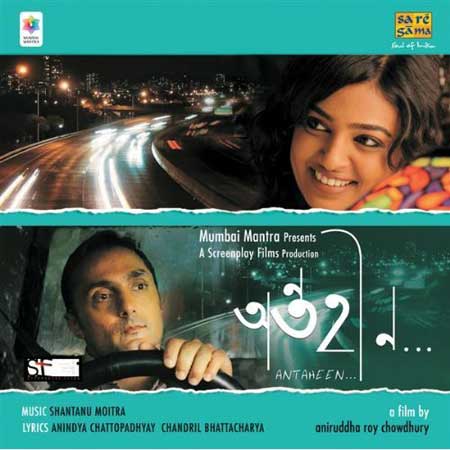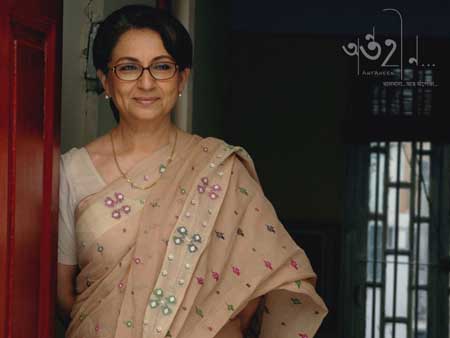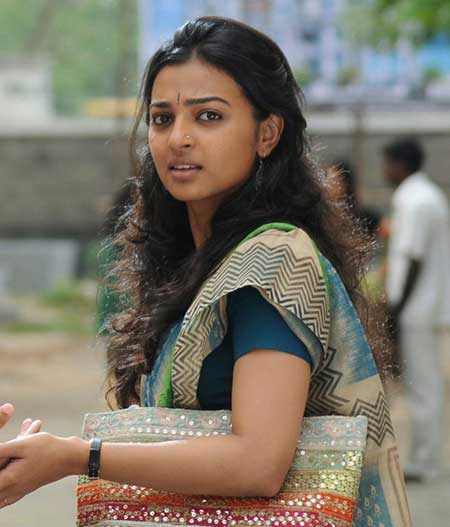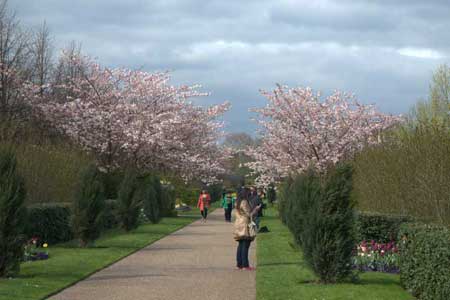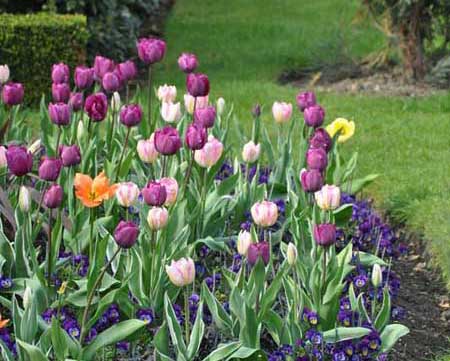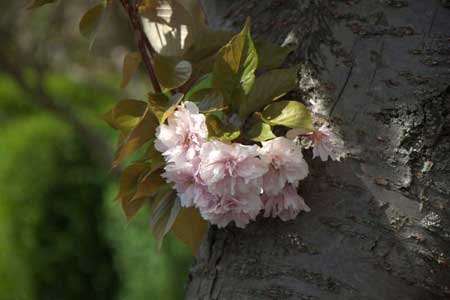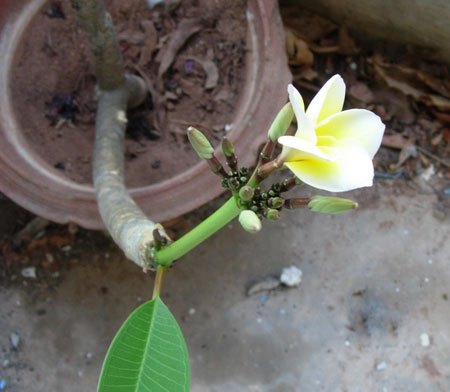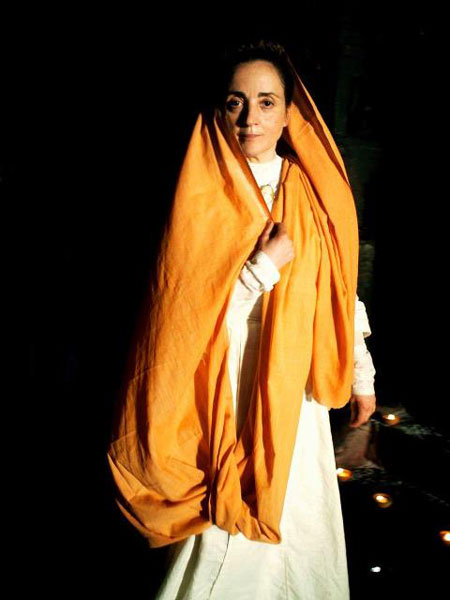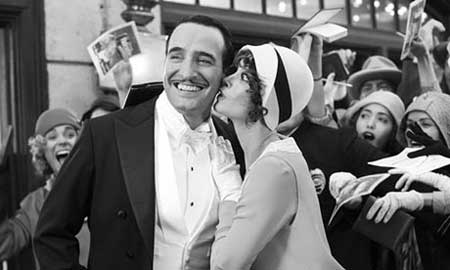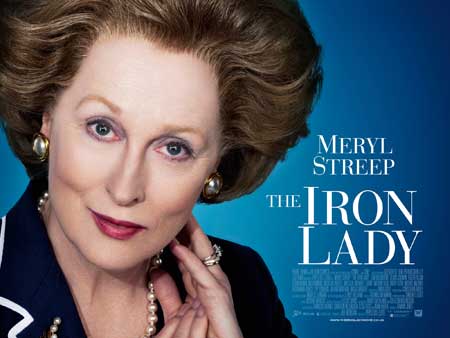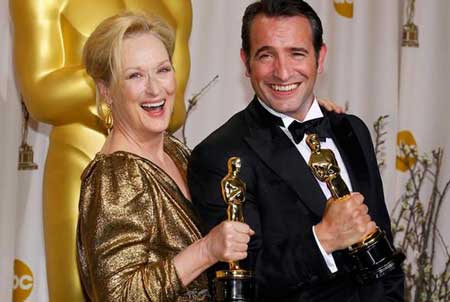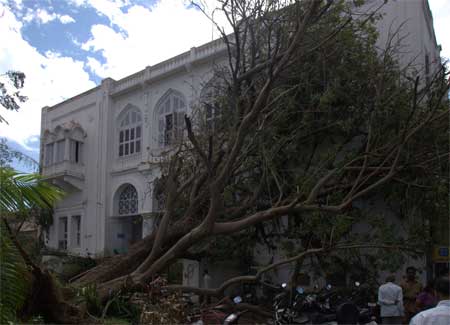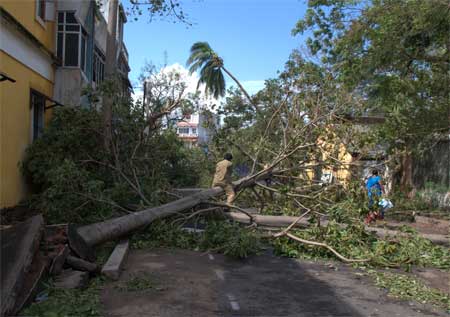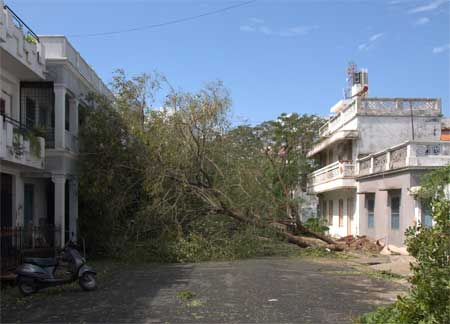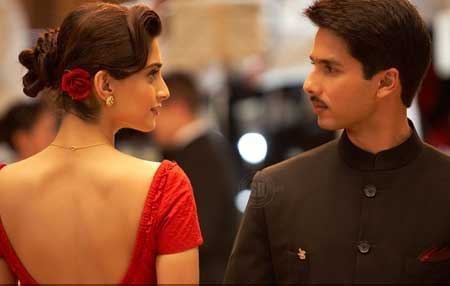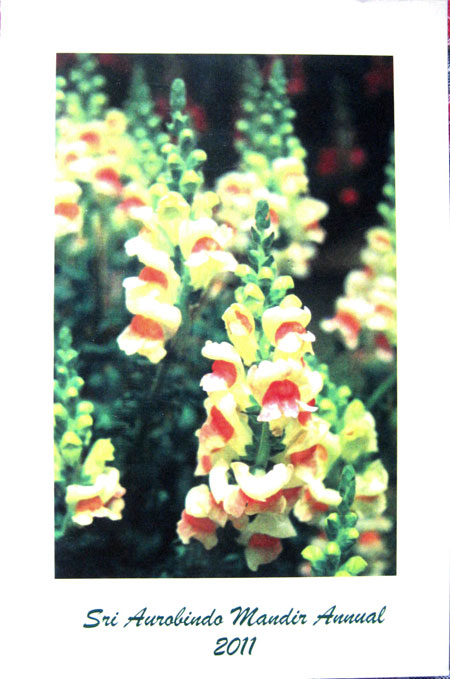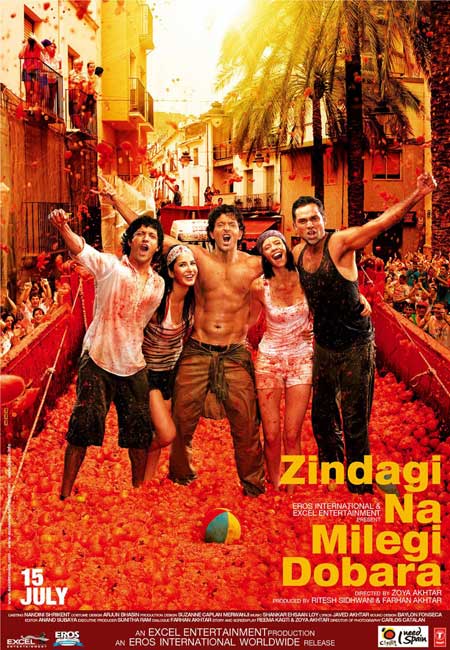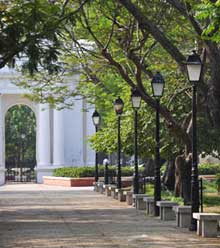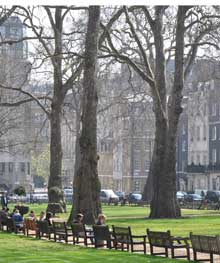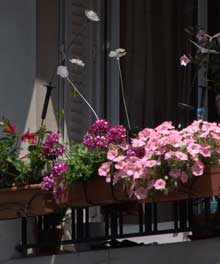In 1987 I visited Bombay (yes, it was still called that). I was newly married and took that trip as a sort of honeymoon because we had come via Goa from Pondicherry by road. Our hosts were very generous and I enjoyed myself a lot. Towards the end of my stay the sister of our hostess, who was a young girl then, asked me if I wanted to visit anything in particular because she was taking me out that day.
“I have a dream of meeting Shabana Azmi,” I told her, being a big fan of the actress. This young woman immediately told her driver to take us to Shabana’s house. I was a bit surprised that she did not hesitate even for a minute. I imagined that she knew the actress. When we got down in front of the house she told me that she didn’t know her at all.
“What are we going to do? How can we go in?” I asked, totally surprised.
“We can try,” was her answer.
So we opened the gate and walked in. There was a gardener who was watering the plants. On seeing us he asked us who we wanted to meet. With an air of supreme confidence my friend said that we had come to meet Shabana. So he let us in.
I can still remember that scene. There was a verandah and Shabana was sitting there with her mother and Javed Akhtar. I even remember that she was wearing a yellow sari.
Shabana’s mother looked at me and asked. “What do you want?”
I just looked at her and after a long silence, said, “Nothing”.
“Nothing!” she exclaimed. “If you want nothing then why are you here? Please go out.” Her voice was rather harsh, and she being a stage actress, quite loud.
We turned around and walked back. When we were near the gate my friend asked, “Why did you say ‘nothing’? We were standing there, so you could have said something and gone and met her.”
“I just didn’t have the guts,” I answered. She was astonished that she had taken me up to the house and I couldn’t go and speak to Shabana.
Many, many years passed, 25 years actually. I was in London and as I was casually looking at the website of the Nehru Centre I found an announcement saying that there was a book release the next evening. Shabana Azmi was going to present her mother’s book on her father. Even though there was a very good film on that evening, I decided to skip that screening and go for Shabana’s book launch.
I was there before anyone else. As I got into the auditorium I saw Shabana standing near the podium and making cards with names to reserve seats. I went up to her and asked her if I could ask her a few questions after the show because I wanted to write about her mother’s book in the journal which I write for. She did not even look at me and replied, “I’ll try.” In a tone that made it sound more like “Don’t bother me.” She evidently didn’t believe that I was really going to write since I wasn’t aggressive like professional journalists.
The programme started. She read out passages from Shaukat Azmi’s book, about her parents and about their life. Then Javed Akhtar got up and spoke about Kaifi Azmi, Shabana’s father and his father-in-law. In his wonderful voice he read out a poem on Kaifi Azmi. That is when I could not hold back my tears because every word he used to describe Shabana’s father was a word that perfectly described my own father. Having lost him a few years ago I was still heartbroken. As I wiped my tears I could see that Javed Akhtar could see me. I am sure he must have been quite surprised since he could see that I wasn’t anyone known to the dead poet.
He continued to speak and to recite and I was charmed by his words because they were really heartfelt. He seemed to be deeply connected to real life, unlike most celebrities. His poems, which are the lyrics of film songs, have always amazed me by their insight and truth. What a joy it was to see him in person and to hear him recite his poems.
In a short while the show was over and we all went down. I waited for the crowd to thin a bit. Shabana was surrounded by her admirers and many wanted to be photographed with her. A group of young men and women were walking around with copies of the book and were trying to sell them among the invitees. Shabana was keeping an eye on them.
I went up to Javed Akhtar and told him that I was a big fan of his work. He asked me my name and what I did in London. To a poet my name must sound very interesting. After answering his questions I told him that if he was wondering why I was crying it was because I had lost my father recently and all my memories of him came crowding back as he spoke about what an unusual man Kaifi Azmi was.
As I spoke to him, once again tears came to my eyes. Javed Akhtar immediately took both my hands and pressed them in a gesture of sympathy. I was truly moved that he had so much compassion for an unknown woman who was evidently so deeply unhappy at that moment. That was another confirmation that he was a true poet, whose heart was so open and sensitive. I had only one wish in my heart and that was to go back home.
As I went to get my coat I saw Shabana Azmi coming towards me. But really I had no wish to speak to her, so much I felt chocked by my tears. As I walked away, making my way to the door, I remembered that summer day in Bombay when I had felt that I had missed such an opportunity. Here she was coming to me and all I wanted to do was to go away.
I had gone to see Shabana but in fact I met Javed Akhtar. The next day I felt that that evening at the Nehru Centre wasn’t as unfruitful as I had thought it to be at first. How many people can say that they have touched the hands of a poet they admire and received his sympathy?
Later my journalist friend Amit Roy said that if I had won as many awards as Shabana Azmi had done maybe I too would have been as aloof as she was. Absolutely right, Amit.
My favourite lines from Javed saab are the ones from the film “Refugee”:
“Birds, rivers and gusts of wind can all go across the borders (from one country to another)… what did we gain by becoming human beings?”

